The week before Easter
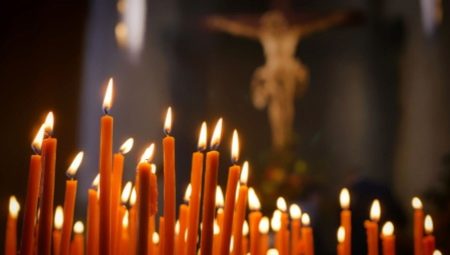
Holy Week is the time preceding Easter. During this time, all believers observe a strict fast and prepare for one of the most important events of the year.
Description
The week before Easter among Orthodox Christians is called Passionate (less often - Terrible). This is due to the events that happened to the Savior in the last days of his life.
Its other name is Holy Week. It describes the feeling of closeness to the suffering that Jesus had to endure in Jerusalem. For the same reason, she is also called Red.
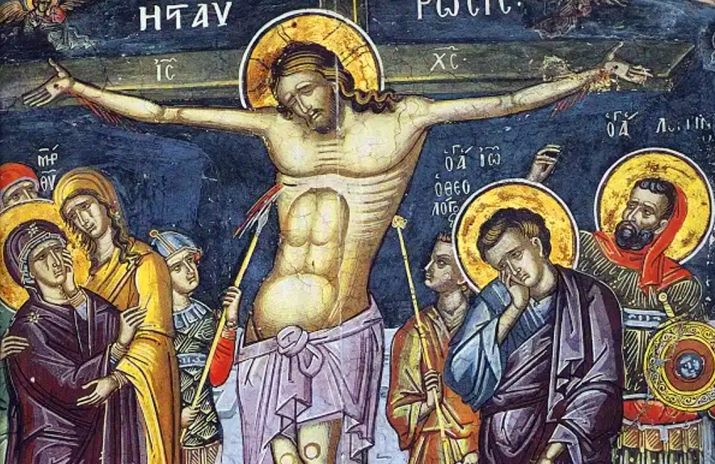
During these days, believers need to adhere to the following rules.
- Fast. Fasting during Holy Week is very strict. At this time, you cannot eat all types of meat, fish, dairy products and dishes cooked with vegetable oil. The basis of the menu should be fruits, vegetables and nuts. The food should be as simple as possible. But this only applies to healthy young people. Children, old people and sick people can eat as usual. The same applies to pregnant and lactating women, as well as those who are engaged in heavy physical work.
- Pray. It is recommended that you attend church regularly during this time. Divine services are considered especially important and are held from Thursday to Saturday. If it is not possible to attend church, morning prayers can be read at home. The main thing is to do it with faith in your soul.
- Refrain from noisy events. No entertainment, singing and dancing are allowed throughout the week. In the last days of strict fasting, it is strictly forbidden to consume alcohol.
- Tidy up your house. During the preparation for Easter, believers always try to carry out a general cleaning, wash all home textiles. Working people should set aside at least a few minutes a day for this.
- Avoid quarrels and abuse. Profanity is one of the most important sins during Holy Week. Therefore, conflict situations should be avoided.
On these days it is also forbidden to get married and baptize children. These events should be postponed until the Bright Week.
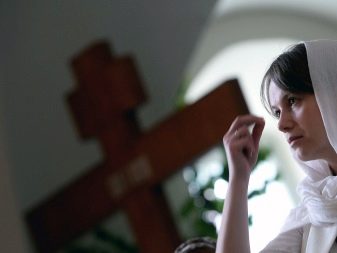

Traditions by day
Each of the days of the Last Week has a special meaning and traditions that are closely associated with it.
Great monday
On this day, believers honor Joseph, who was sold into slavery by his own brothers. His image has much in common with the person of Jesus. The first, having survived the betrayal, was exalted by God and became one of the most important people in all of Egypt. Christ was betrayed by Judas. But he also received a reward for his faithfulness to God and the ability to endure any suffering. He not only rose from the dead, but also managed to show the whole world a real divine miracle.
During the service at this time, they remember the moments connected with the life of Jesus and his followers. Churches on Monday begin to prepare myrrh - a special aromatic mixture that is used for anointing after the end of baptism.
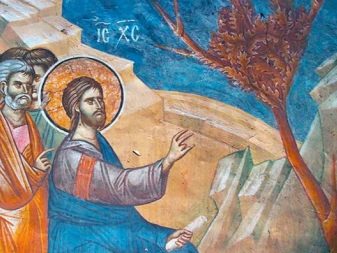
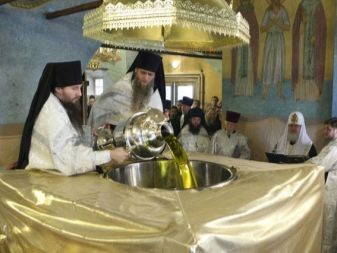
On this day, believers begin cleaning at home. It is important to throw out all broken and old things on Monday. If repairs have begun in any of the rooms, it is advisable to complete it. On Monday, you can still plant trees and various plants. It is believed that everything that will be planted on such a significant day will bear fruit very well. In the following days of the week, spending time in the garden and in the garden is no longer desirable.
It is from Monday that you need to reconsider your diet. In the last week before Easter, believers are advised to eat only once a day. It is best to do this in the evening.
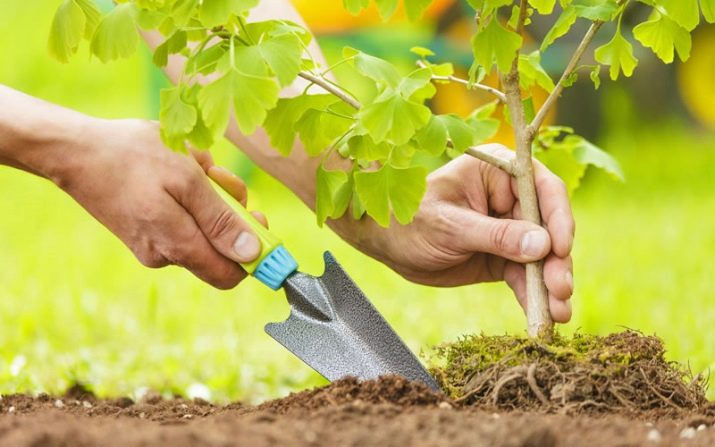
Tuesday
On this day, parables about Moses, as well as the Last Judgment, are read in the church. Believers are reminded of the importance of not forgetting their faith and the sacrifice that Christ made for people. On Tuesday, Orthodox Christians are trying to do some good deeds. In this case, it is necessary to help not only relatives, but also weak strangers.
Earlier, from Tuesday, people began to prepare things in which they planned to go to church on Easter. People got out their best clothes, the brightest necklaces and scarves. Preference was given to things made in different shades of red. After all, it is this color that is the main symbol of the holiday. Now, when people have much more free time, outfits are not prepared in advance for Easter.
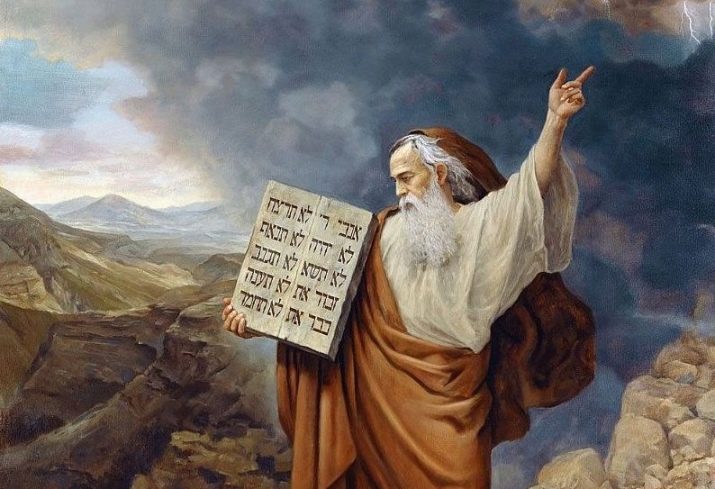
In ancient times, there was also a tradition on this day to prepare "juicy milk". For this, girls and women woke up early in the morning. They took out hemp and flaxseeds and ground them in mortars. After that, the powder was diluted with water. The finished product was fed to the cattle. It was believed that this procedure helps to protect pets from disease. Men were forbidden to observe this process.
Starting Tuesday, handicraftsmen should put their needles and threads aside. In the following days, sewing, knitting and embroidery will be prohibited.
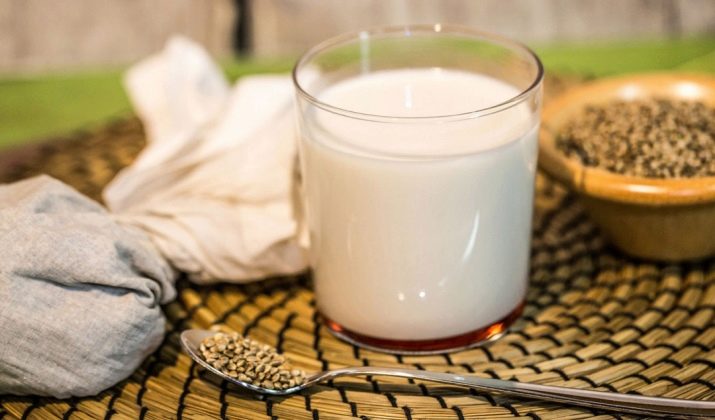
Wednesday
During the services on this day, the story of the betrayal of Judas, who sold Jesus, is mentioned. On Wednesday, believers are encouraged to go to confession. It is believed that she has special power on this day. Therefore, people can repent of their sins without fear. People who follow a strict fast should only eat fresh vegetables and fruits. Housewives at this time traditionally paid attention to the preparation of eggs for dyeing. They were washed with soap and wiped dry. In addition to eggs, they also cooked paints, as well as tools for painting.
On the same day, women poured water on pets with the remains of last year's Thursday salt. The ritual was carried out to protect animals from evil spirits and the evil eye. Silver water was also prepared in the evening. The liquid was either poured into a silver dish, or into a container, where then silver coins were also placed. They washed their face with this water on Thursday in order to prolong youth and protect themselves from various diseases.
Soap was also prepared in advance. One small block was prepared for each family member. This little bar of soap should have been used on Thursday.
Nowadays people who are fond of handicrafts can also try to make homemade soap. It is recommended to add medicinal herbs to it.
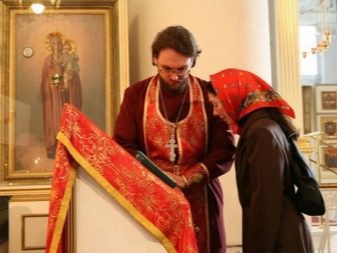
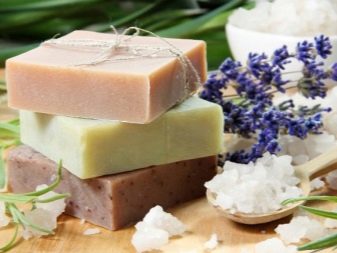
Maundy Thursday
Great or Maundy Thursday is also important for believers. One of the longest services of the year is held in churches at this time. In addition, it is on this day that it is especially important for believers to receive the Holy Communion.
During services in churches, the Last Supper is remembered - the last meeting of Christ with his disciples. During this supper, he served them wine and bread. It was from this moment that the tradition of communion began. He also established the tradition of washing the feet of 12 monks. This ritual symbolizes the desire to help loved ones.
They buy candles at home on this day. It is believed that they are able to protect a person and his home from harm. Passionate candles are recommended to be lit in a thunderstorm. Traditionally, Maundy Thursday should be started with bathing or washing. If possible, it is worth visiting the bathhouse or sauna. It is very important to wash clothes and bedding.
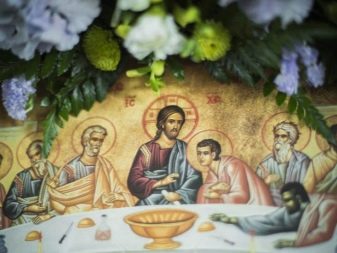

It is customary to do household chores throughout the day. Preparing for Easter includes cleaning, mopping, and washing clothes. It is believed that the cleaner the house is on this bright holiday, the happier the family living in it will be. It is very important that the cleaning started on Thursday be completed before midnight.
Besides, on Thursday, all the dishes that would be served at the Easter table were usually prepared. Now it is on this day that Easter cakes are baked. In addition, on Thursday you can plan an Easter menu and buy all the necessary products for preparing holiday dishes. Even a busy person can do this.
You can get your hair cut on the Thursday before Easter weekend. This procedure helps to renew and get rid of the accumulated negative. But this does not mean that a person needs to radically change their hairstyle. It is enough just to trim the ends of the hair a little. It is recommended to have haircuts for small children on Thursday.
Since ancient times, the hostesses have also prepared Thursday salt on this day. It was poured into a frying pan along with flour or mashed bread and burned until it turned black. Sometimes various herbs were also added to this mixture. It was believed that such salt protects against quarrels, evil eyes and evil spirits. Part of the mixture was kept at home in a salt shaker. The rest of the salt was scattered into bags and given to each of the family members.
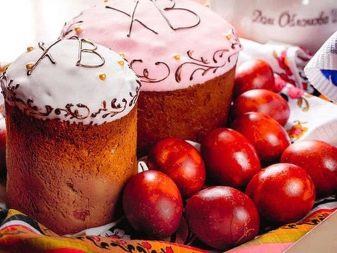

It should be understood that the church condemns such rituals. In the temple, it is impossible to consecrate burnt salt.
Friday
The fifth day of the Terrible Week is the saddest. It was on Friday that Jesus was crucified on the cross. Therefore, it is customary to spend this day in silence and reflection.
Earlier on this day, it was forbidden to visit and arrange any holidays. In addition, it was not allowed to work in the house or in the garden on Friday. Therefore, most believers tried to organize their schedule so that the end of the week could be fully devoted to prayer and the quiet completion of all unfinished business.
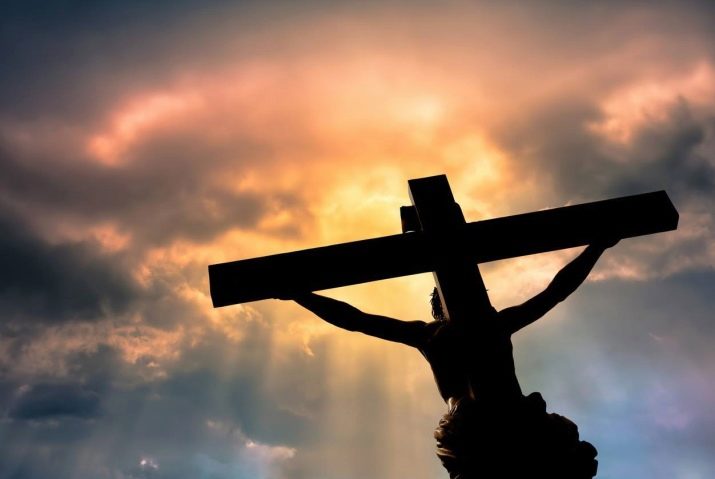
Saturday
The last day of Lent is also worth spending in a quiet and peaceful environment. According to the Bible, on this day Christ descended into hell in order to free the righteous. This is what is said during the divine services. In addition, the temples remember various prophecies about the resurrection of the Savior, about which were written a long time ago.
On Saturday, you should give up hard work and take time to prepare for the celebration of the Savior's resurrection. Most modern believers who work on Thursday prepare meals for the Easter table on Saturday. In the evening, all the delicacies are packed in baskets and taken to church. There food is consecrated.
Believers are encouraged to stay in church for the entire night service. This will help you to feel the atmosphere of joy and be filled with light.
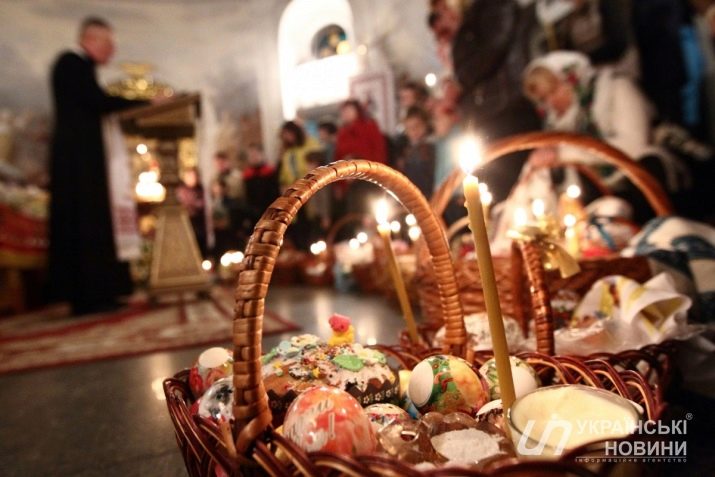
Signs for Holy Week
In addition to church customs and folk traditions, there are a number of signs that are worth paying attention to.
- It is recommended to wipe the window panes throughout the house on Monday. It is believed that in this way a person lets happiness into the house. Celebrating Easter in a house with dirty windows is a bad omen.
- If it rains on Tuesday, then the mushroom harvest in the coming months will be very large.
- On Friday, in the morning, you need to look out the window and remember who is the first to catch your eye. If this is an old man, then a series of failures will begin in a person's life, and if someone is young, then he should expect an easy and harmonious period. The appearance of the cat indicates an imminent profit. To see a dog - to longing, birds - to the news.
- If dishes are beating in the house on Friday, it means that a person will soon be happy and good luck.
- Saturday weather tells us about the future. If it is sunny from morning to evening, then the year will be fruitful.
- Girls who want to get married soon should not go to bed on Saturday night to Easter Sunday. On Thursday, the bride-to-be should make room for her potential husband during cleaning. That is, give him a separate shelf in the closet and bathroom. It is believed that this procedure helps to attract a man into the house.
- In order for the Easter cakes to be beautiful and tasty, you need to pray before baking them. You need to get started in a good mood.
- If the baked goods do burn, the person should be wary of health problems.
- From Thursday until Easter, you can not lend money, as well as share salt and bread. It is believed that in this way you can distribute your luck and health to others.

In the last week of Great Lent, believers should pull themselves together and finish all the important things. You need to celebrate Easter in a good mood and a clean house.








